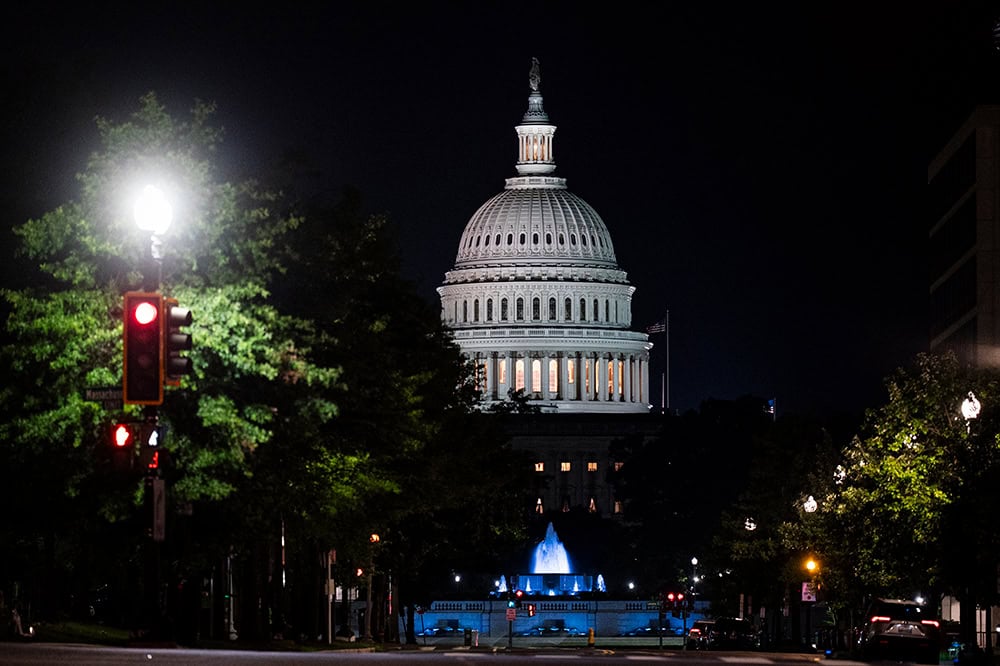Peterson Statement on CBO 10-Year Budget and Economic Outlook

NEW YORK — Michael A. Peterson, CEO of the Peter G. Peterson Foundation, commented today on the release of the Congressional Budget Office’s updated 10-year Budget and Economic Outlook:
“This new report provides the latest evidence that our nation’s fiscal condition has worsened significantly since the pandemic began, and will need to be addressed once we’re through the COVID crisis.
“We continue to face very serious public health and economic challenges, and defeating the virus and helping our nation through this devastating period is our nation’s top priority. Lawmakers should continue to pursue effective stimulus and relief programs that are targeted to the needs of the moment, but CBO’s report also makes clear that we will need to return attention to our fiscal outlook once the crisis has passed.
“The pandemic has rapidly accelerated our fiscal challenges, but we must remember that America was already on a fiscally irresponsible path, with permanent, trillion-dollar deficits into the future. The structural drivers of our rising debt existed before COVID, and will remain once COVID is gone.
“If we can tackle a global pandemic, surely we can figure out a way to make the basic budget decisions that are necessary for a more secure and prepared America. Addressing our nation’s unsustainable fiscal outlook will help ensure a stronger and more resilient economy, and help build a brighter future for the next generation.”
# # #
Further Reading
The One Big Beautiful Bill Act Is the Most Expensive Reconciliation Package in Recent History
This week, lawmakers in Congress approved reconciliation legislation that will add trillions of dollars to America’s already unsustainable fiscal trajectory
Healthcare Costs Are a Major Driver of the National Debt and Here’s the Biggest Reason Why
One of the largest drivers of that rising debt is federal spending on major healthcare programs, such as Medicare and Medicaid.
Despite Decades of Warnings, Depletion of Social Security’s Trust Fund Is Getting Closer
The depletion dates for Social Security and Medicare’s Trust Funds are rapidly approaching.


